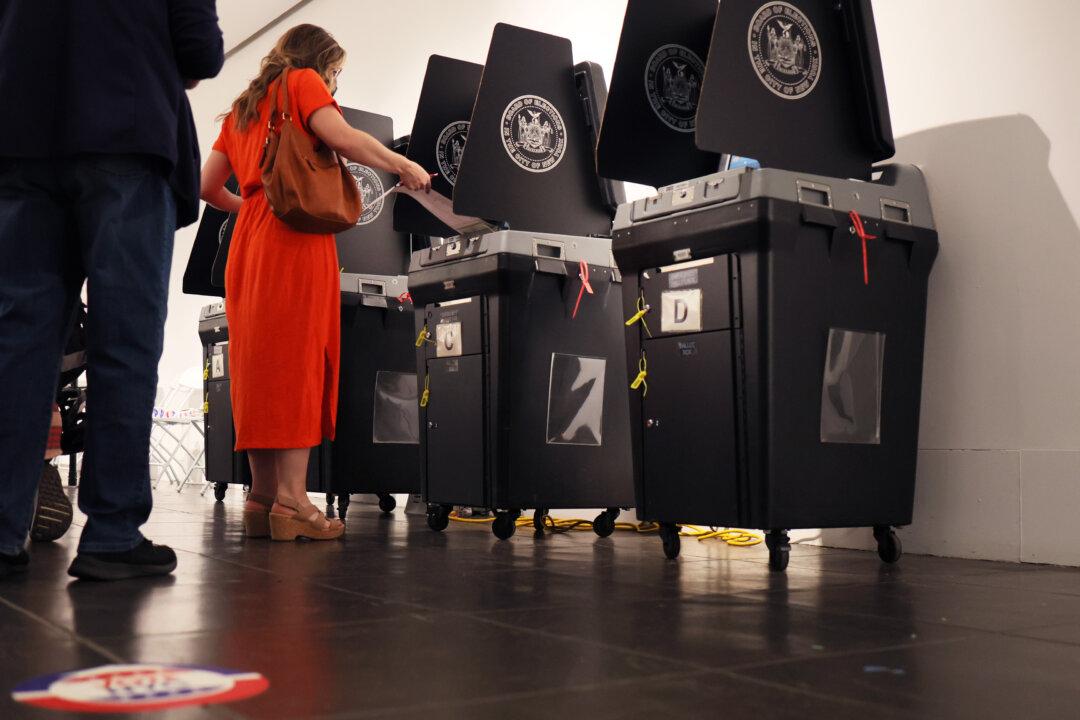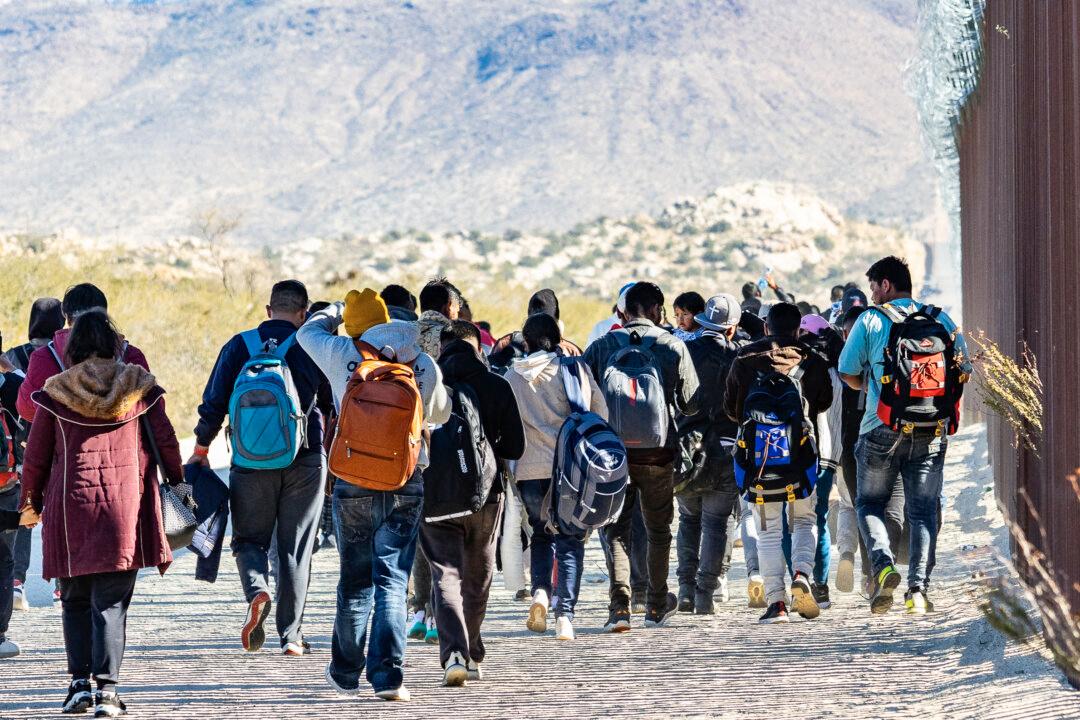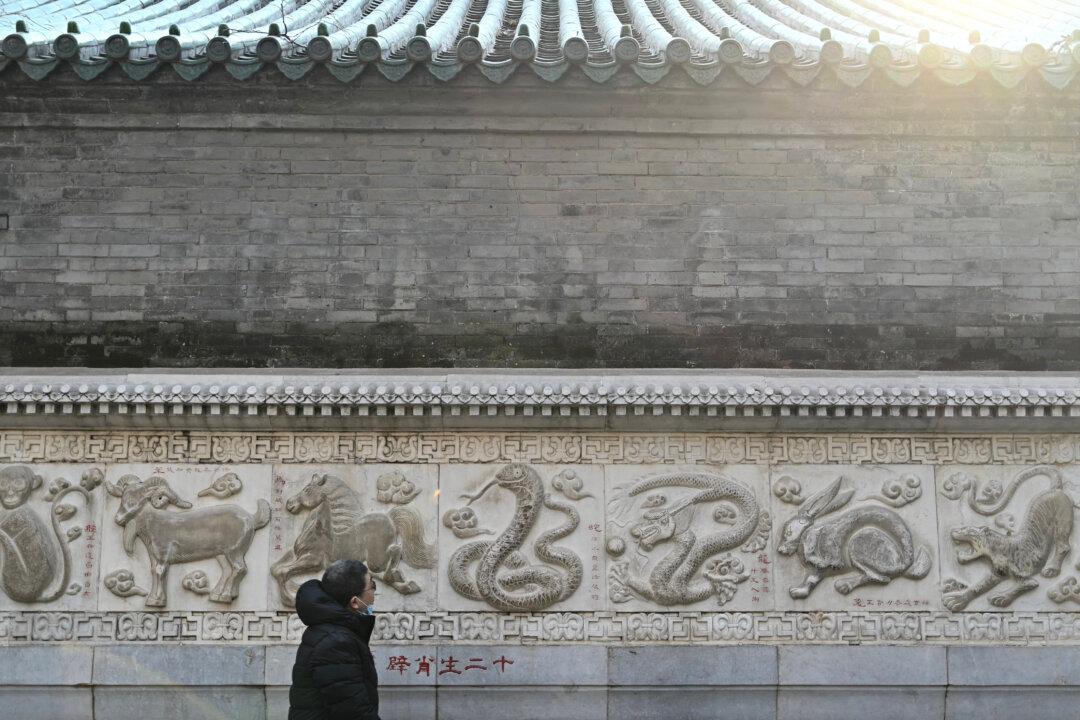Commentary
U.S. politicians and the chattering classes are focused like laser beams on the upcoming midterm elections in November. This is because the No. 1 job for all politicians is getting elected and reelected—everything else is a distant second.





